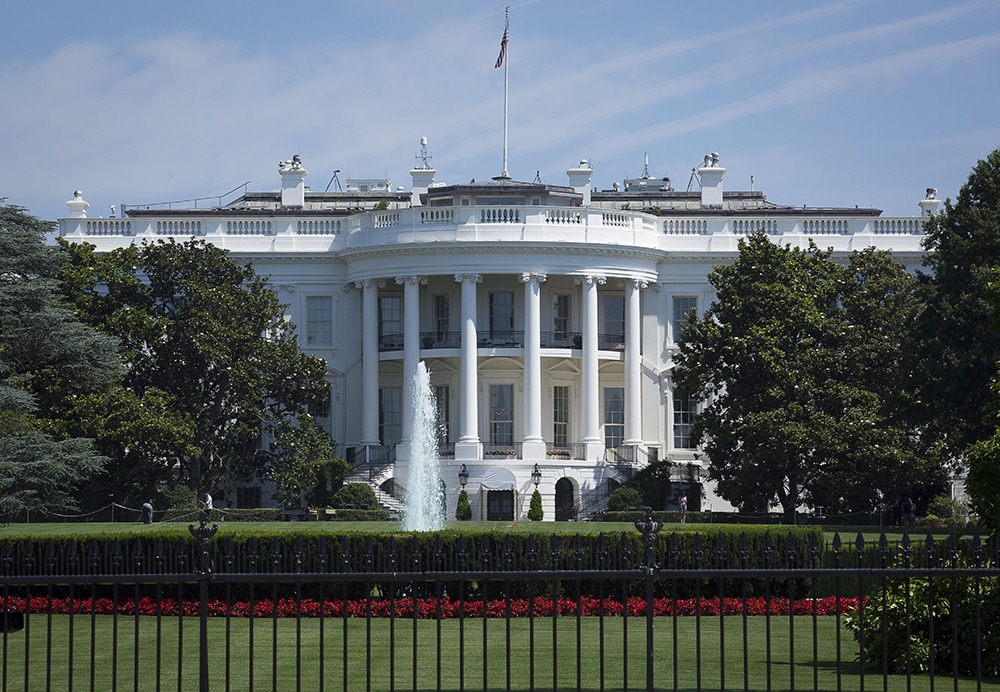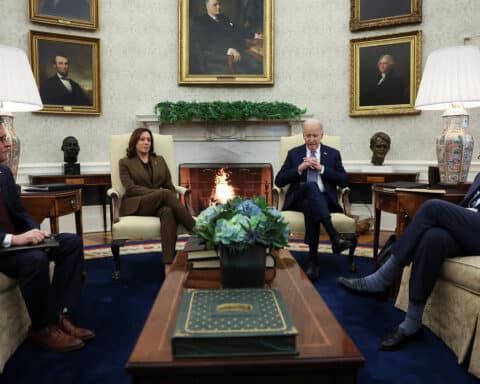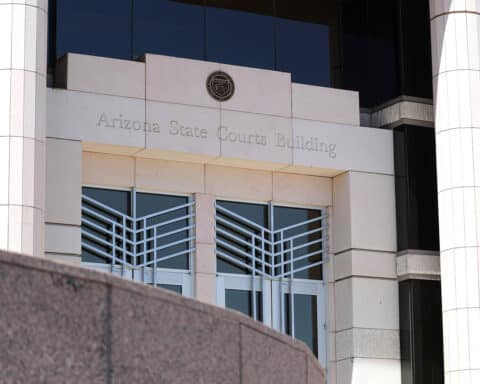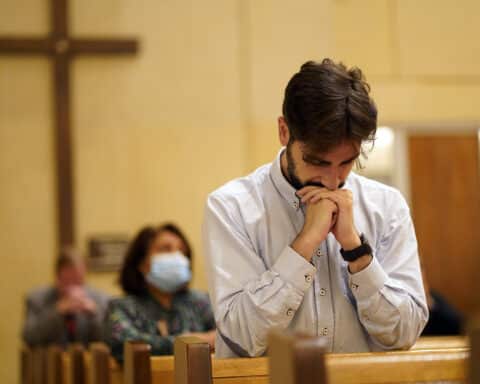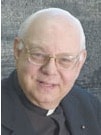
Such a group or committee in and of itself is not new. Each new presidency has its own agenda, and the Church has so many services and interests, all ultimately for the salvation of souls, that are affected by government policy.
This time is somewhat different, because the new president identifies himself as a Catholic, has a long history of moving in Catholic circles, won the votes of many Catholics, according to analyses, and champions many of the causes set forth by the Church.
The devil in the details, of course, is Biden’s strong, voiced support of abortion on demand. His stand in this regard annoys many, and especially disappoints many who remember his earlier days in politics when he had genuine misgivings about abortion. That was then. This is now.
In campaigning, he pledged certain steps that trouble many Catholics, such as attempting to reverse legal bans on abortion in given circumstances, and, for most an occasion of serious worry, a willingness not only to ignore but also to suppress measures that respect the right of conscience if formed by religious principle.
What can be done? Lives are at stake. Personal rights are at stake.
Never forget that presidents are not, and are not supposed to be, almighty in the American system of governance. They are one part of a process of governing, by no means the only part. No president can spend a dime of public money unless Congress hands him the dime, and then the president can spend the dime only for the purpose Congress designates. The president can serve only two terms.
Other restrictions on presidential ability apply. No president can raise or reduce taxes. This privilege belongs to Congress. He cannot appoint judges, generals or admirals, or even members of his own cabinet, or conclude treaties with foreign powers, or declare outright war, simply on his own. Congress stands over him or her.
The president is not the “commander-in-chief” of the civilian population, only of the military.
Still, presidents are consequential. Over time, the presidency has acquired a certain — some say an exaggerated — mystique.
The presidency has assumed the image it now possesses in great part because the people rallied behind presidents. Popular support made Andrew Jackson, Abraham Lincoln, Franklin Roosevelt, Ronald Reagan and a few others presidential giants.
Absence of the people’s support crippled more than a few presidents or removed them from office altogether — Herbert Hoover, Jimmy Carter and George H. W. Bush, decent men who lost popular trust.
The elected Congress writes the laws. Popular opinion has a mighty impact in this country, because the people’s votes matter. They elect, or defeat, members of Congress, and everyone in Congress knows it.
The bottom line for Americans uneasy about the intentions of any presidency or Congress — or those who are happy with them — is that people have much power. Direct approaches to elected officials are a right and can be effective if and when the public mood is obvious and firm.
So Catholics must urge respect for life, if abortion is discussed, because destroying an innocent human life is evil. Unborn life requires protection. If a public attitude for the right to life truly coalesced, politicians would get the message quick. The same applies when other Church teachings are at play — immigration policy, health care, capital punishment, the rights of families and so on.
True, the unelected courts are less easily swayed. History has taught this lesson, but the independence of the courts is no call for surrender. Popular influence upon public policy holds even if the courts have their authority.
Be strong. Speak. Be heard. It will matter.
Msgr. Owen F. Campion is OSV’s chaplain.

